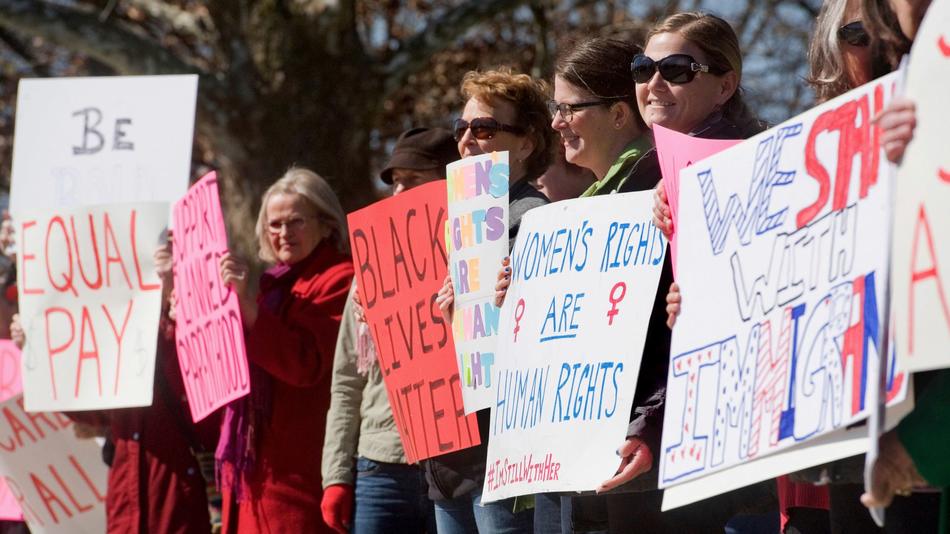Beauty and Health
Young American women are poorer than their moms and grandmas, and more likely to commit suicide
Young American women are poorer than their mothers and grandmothers were when they were young, more likely to commit suicide and be shut out of high-paying tech jobs — an overall demise in well-being since the Baby Boom generation, according to a new report.
The report by the Population Reference Bureau, “Losing Ground: Young Women’s Well Being Across Generations in the United States,” found that social and structural barriers continue to obstruct the advancement of female members of Generation X and millennials.
For experts working on women’s issues, the report’s conclusions came as no surprise.
“We have been pushed back, there’s no question,” said Terry O’Neill, president of the National Organization for Women. “Younger women are really feeling the effects of … a 30-year march to dismantle government agencies, to dismantle government protections, all in the name of free markets.”
The report used 14 measures to assess “well-being” — such as earning capacity, education and health — to calculate the magnitude of the change between the status of young women today relative to women in their mothers’ and grandmothers’ generations when they were the same age.
“We expected to see that there would be certain subgroups of women that would be doing much worse than others, but we were surprised to find that women overall were doing worse than the previous generation,” said Mark Mather, associate vice president of U.S. programs at Population Reference Bureau and co-author of the report.
Members of the Baby Boom generation, who were born between 1946 and 1964, saw their well-being increase by 66% over their World War II counterparts, but the improvements did not continue for Generation X women, born between 1965 and 1981. They experienced a 2% gain in well-being relative to the Baby Boomers, while millennial women, born between 1982 and 2002, experienced a 1% decline in well-being, according to the report.
Improvements in young women’s economic security began to stagnate during the mid-1990s, and their struggles have continued into the millennial generation, particularly among women without college degrees, the report said.
In addition to health, education and earning capacity, the Population Reference Bureau considered other measures of well-being, including teen birth…
Please read original article – Young American women are poorer than their moms and grandmas, and more likely to commit suicide
























